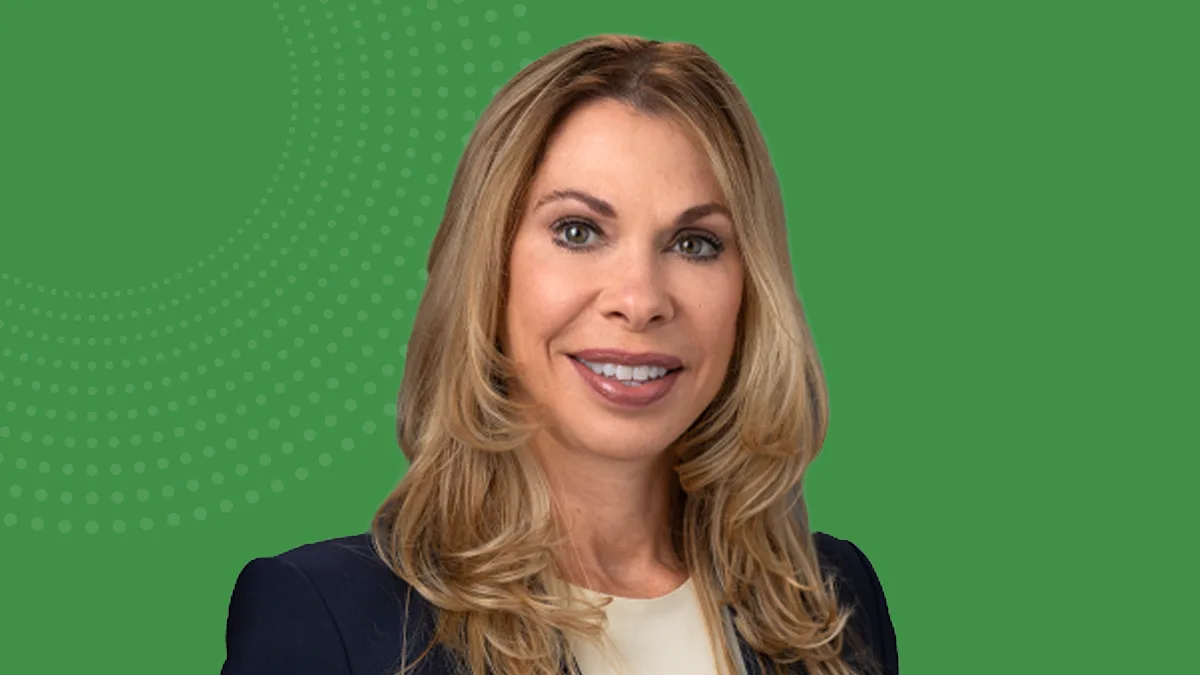
Overview
3DC drug discovery scientist Christine Brideau's translational science expertise helps advance basic research to clinical studies to successful medicines. She also helps pick XSeed Award winners developing their own new drugs.
Driven by the possibilities of drug discovery research
Christine Brideau is the Vice President of Preclinical Pharmacology at Deerfield Discovery and Development (3DC). She uses her expertise in translational science to help advance basic research to clinical studies to successful new drugs. She also uses it as a judge for the XSeed Award program.
This competition provides up to $250,000 grants to New York City minority- and women-led life science and healthcare startups working on novel preclinical drug development projects. Winning teams also join the ecosystem of Cure and receive peer learning and office hours with investors, entrepreneurs, and business experts. Cure is an affiliate of Deerfield Management Company, which is home to 3DC and founded and funds the XSeed Award with support from the New York City Economic Development Corporation.
Cure spoke with Christine recently about her work at 3DC, her career and the XSeed program. This conversation has been edited for length and clarity.
Cure: How do you define translational life science?
Brideau: Developing a drug is a very long and expensive process, so we need to increase our confidence in the drug’s action before beginning clinical trials on patients. In short, we try to translate from the lab bench to the patient.
As a drug discovery scientist, I focus on developing therapeutics (drugs) that are designed to bind a specific protein target that is associated with a disease. Most of my work involves experimentation in test tubes in which we aim to re-create the disease and show that the drug works as predicted.
However, positive results in a test tube do not necessarily mean the drug will work in patients. Translational science is needed to apply appropriate methods and models to our experiments, such as using human primary cells or tissues and comparing disease versus normal states to see if the resulting data confirm our hypothesis.
Cure: What sparked your interest in this field?
Brideau: My mother is a nurse, and I was fascinated with medicine and the human body. I wanted to learn how our cells functioned and responded to drugs. I was about 13 years old when I had the privilege of visiting the Merck research labs and saw the possibilities of drug discovery research and its impact on human health. I decided to study cell biology and was so fortunate to start my career at the same Merck research labs where I learned drug discovery from the very best drug hunters.
Cure: You worked extensively in industry to help move drug discovery hits into lead product candidates. What are the top 2 or 3 challenges of translating promising drug candidates towards clinical development?
Brideau: The top two reasons why drugs fail in the clinic are unforeseen toxicities and lack of efficacy. The latter is the most concerning to me because it demonstrates how difficult it is to select the right target for the disease. As much as we rely on genomics for finding new targets, some unknown biological mechanisms can still only be explained with deep scientific exploration or once we have a drug in the clinic.
Cure: What's your advice on how to address those challenges?
Brideau: I suggest all prospective drug hunters should consider three key challenges for translating promising drug candidates:
select the right target,
ensure the drug reaches the right organ tissues, and
select the right patient, that is one who will respond to the drug, by using appropriate biomarkers.
Cure: What have you enjoyed about being a judge for the XSeed Awards? Anything surprising?
Brideau: I enjoyed learning about the great ideas from the applicants. All had creative and novel proposals with detailed plans that were sensible and executable.
I was surprised with the high level of entrepreneurial leadership and their dedication to improve human health. I also believe these scientists are on the right path towards increasing diversity in the health care industry at the executive level.
Cure: What advice would you give the finalists and winners of the XSeed Award about their path forward?
Brideau: As champions for their projects and drug discovery ideas, the judges can give the finalists feedback about their projects from many perspectives and areas of expertise.
As scientists, we sometimes feel all is possible but there is a finite amount of funding and resources that can feel restrictive. My advice is to always focus on the most important experiments that will drive success to the clinic. Be very rigorous and pressure test your ideas constantly. Negative data are great and embrace the surprises as they come because you will learn so much more.
3DC plays a critical role in progressing early-stage therapeutics from scientific discovery through preclinical proof of concept and into the clinic, via design and execution of relevant experiments. 3DC partners closely with principal investigators in Deerfield’s academic collaboration network, corporate partners and entrepreneurs to provide deep functional expertise and experience across key disciplines. Learn more.








